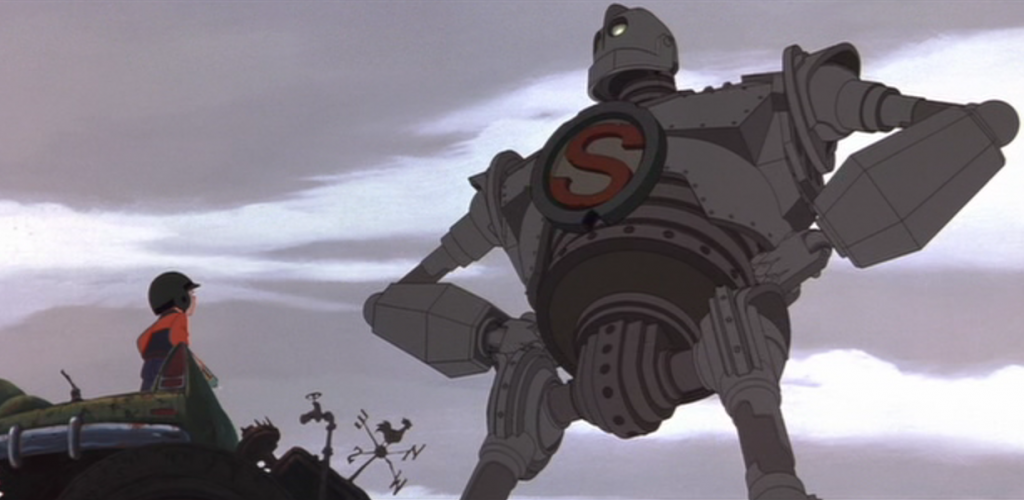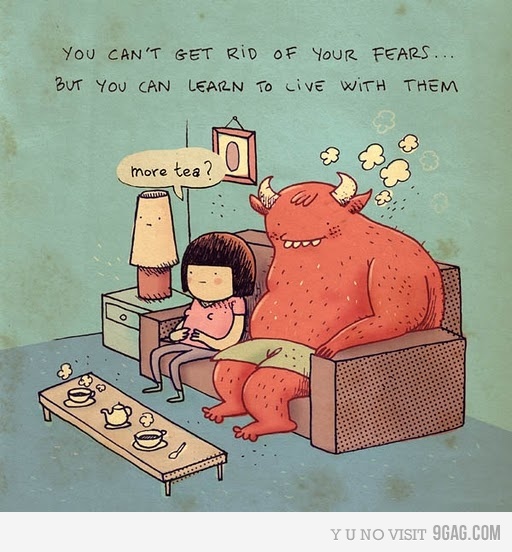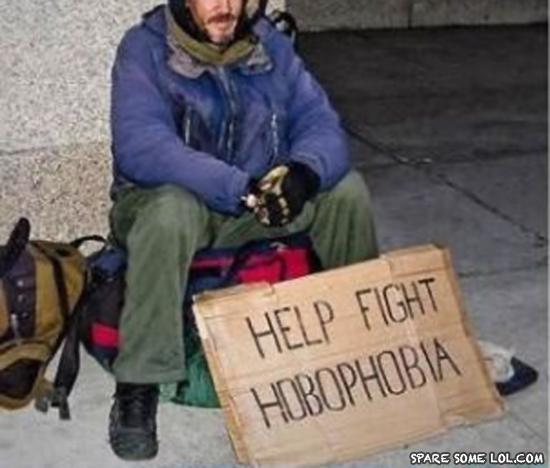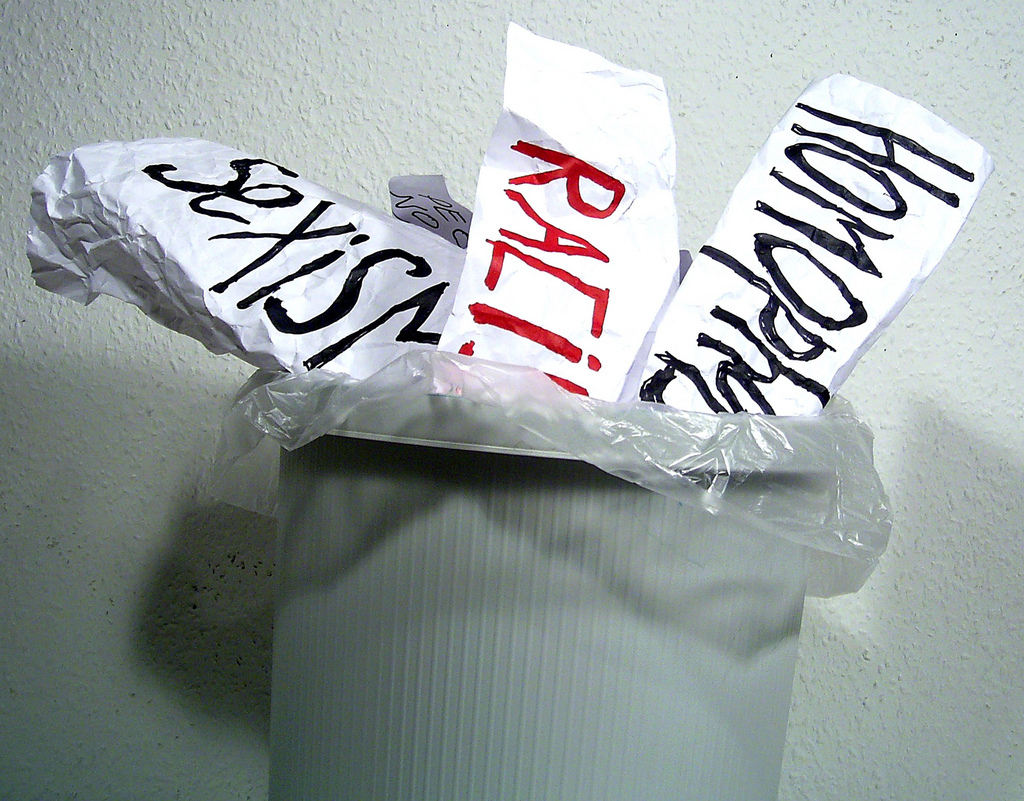Yes, this post is my Spider-Man post. I am Menno.
I am Nerd. Hear me roar.
I have often wondered about the popularity of
superheroes. I understand that they are
the new versions of mythology, gods come to effect the earth. But there are fundamental differences between
the ancient myths and modern comic book stories. First, the ancient myths were about the
foundations of everyday life, whether talking about the creation of the world
or the development of music, or government structures. Superhero stories are about people working
within the structure of a world we already have. As time goes on, comic books became more
about people who are fundamentally humans with unique gifts.
Second, superheroes relate to humanity on an everyday,
normal basis, many holding down jobs and “secret identities” so they don’t
become separate from humanity. The gods
purposed to be separate, only mixing it up when
they had particular lusts, jealousies or angers to take out on their lesser
creations. Superheroes are human first (even when alien)
and super second.
The ancient world had one hero who was most like a superhero
and that’s Heracles. He had a wife and
children and interacted with kings, with his home being earth not Olympus. But he was also a raging maniac, killing his
wife and children and fundamentally uncaring about other people, at least less
so than his own emotional state. If Heracles
appeared in modern comic books, he’d be a super villain, if perhaps a
sympathetic one.
So if the ancient myths and superheroes fulfill different
purposes, then why do we have them? Why
are they the most popular form of pulp fiction today?
I think it has to do with a loss of innocence on our
part. The rise of the superhero can be
tracked along with the rise of the police procedural. All throughout history there are stories
about corrupt authority, beginning with the myths and Gilgamesh and the Bible
all the way to current myths like V for Vendetta and 1984. Authority has always
been seen as this mix between noble duty and selfish interest for those who wield
power.
World War I showed us just how corrupt and destructive
authority could be. In the years between
the world wars, there is an ideal of authority presented—how they are working
for peace, and those who follow the law are those who have nothing to fear from
the law. World War II in popular culture
showed that authority’s primary aim is to save us from evil forces that want to
destroy our way of live and our families.
Every superhero created between the wars, got behind the war effort in
WWII and some, like Captain America, were created specifically to battle the
Nazis, in the guise of super villains like the Red Skull.
In the 60s, the place and motivation of authority was widely
questioned, so it was time for heroes like Spider-Man and the X-men. Those who had power and authority and used it
for the good of humanity, despite the fact that authorities distrusted them and
tried to capture them. It was time for
the Silver Surfer, who rebelled against his authority/god, using his lesser powers
to assist humanity. It was time for the
Hulk, whose power was, at best, a two-edged sword, which could cause equal
amounts of benefit and destruction and was simply a ticking time bomb.
Superheroes are ultimately stories about the use of power
and authority. They represent the ideal
of what we want our authorities to do.
Superheroes are incorruptible, they have principles of justice which
cannot be assailed. Superheroes act for
the benefit of all people, all the time, having the greatest powers of
violence, but only use them for peace.
Superheroes have the principle that they will not kill, even the evil,
believing that justice is best served by procedure and not by quick judgments.
Superhero comic book stories are our fantasy of how power
and authority should be used. We want
our police forces and military forces and politicians to have a moment of
awareness, like the Iron Giant, who chooses to be Superman instead of a
gun. To choose to use one’s power to
save humanity and not to destroy.
Today, we are
re-examining our authority structures and realizing that they are not all their
propaganda say they are. Well, we
already knew that, but we used to be able to live with it, looking at the long
term progress and ignoring the short term injustices.
But we are beginning to see, as a nation, that we no longer
accept simply guns in our neighborhood, making violent decisions for a
self-righteous few. We want Superman.
We want authorities with power who will use that power for
the benefit of all, not just a few. We
are tired of corrupt politicians. We are
tired of a military that works for the benefit of corporations. We are tired of police forces that attack the
vulnerable, simply because they can. We
are living in an existence in which our Superman is under the thumb of Lex
Luther. We want Superman to live
according to principles of peace and justice and love.
The only way to have authorities live out our superhero fantasies
is to make them subject to principles of justice and love, and that requires
real accountability. If a politician is corrupt and self-serving,
not living according the principles of public
benefit, they should be immediately dismissed. If a military force kills the innocent, they
should be held accountable and dismissed if they fail to see that human life is
the basis for human morality. If a
police officer abuses their authority, harming or killing the vulnerable when
they had other options, they should no longer be allowed to be an
authority. Because ultimately, we all
understand the principle of “With great power comes great responsibility.”
If we are driving a car, we have greater responsibilities
and accountability than if we are walking down a street. We are all human, we all make mistakes. But if our freedom to drive a two ton vehicle
causes the death of another because of our human carelessness, then it is
called manslaughter and we are punished for that. If it is found that we are excessively
careless with pushing a car’s weight around, like driving while intoxicated,
then our right to drive is taken away.
Even so, those who have authority in our culture have
greater weight, greater power than the normal citizen has, and so must be held
to a higher accountability. If a person
wants to carry a gun, they should go through training and safety precautions
like we do with a car. If, in use of one’s right to carry a gun, a person kills,
they should be held accountable for that.
If a person has political authority and uses it to destroy a community,
they should be taken out of office immediately.
If a person has the authorized use of force to provide security and they
use that force to harm those not processed by justice, then they should be
immediately dismissed.
Don’t tell me that people deserved death when there is no
evidence. Rather, those who have the
greater power have the greater responsibility or they must lose their
power. Uncle Ben was right. As usual.










